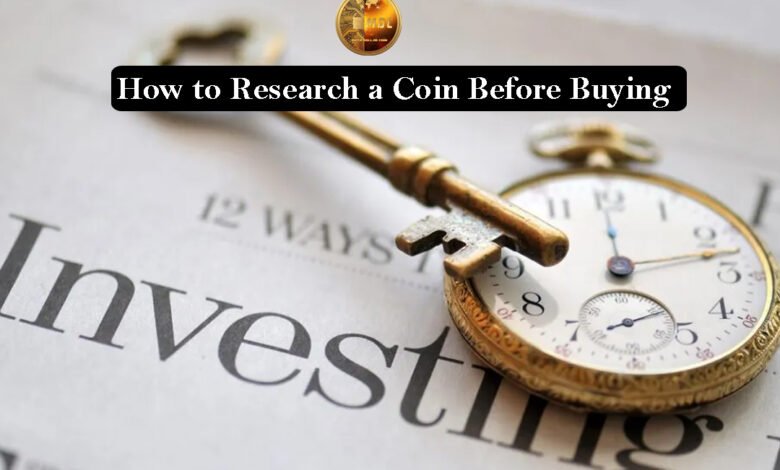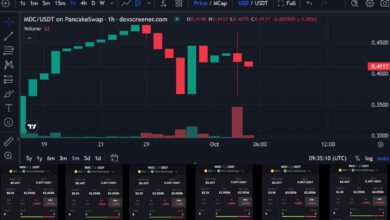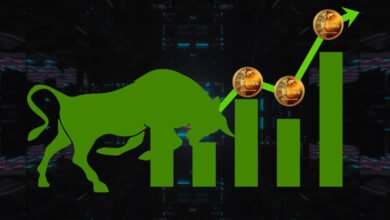New to Crypto? Here’s How to Research a Coin Before Buying
New to Crypto? Here's How to Research a Coin Before Buying

🧠 New to Crypto? Here’s How to Research a Coin Before Buying
Jumping into crypto can feel overwhelming. With thousands of coins and tokens in the market — from Bitcoin and Ethereum to meme coins and brand-new projects — how do you know which ones are worth your time (and money)?
Whether you’re investing $50 or $5,000, doing proper research is crucial to avoid scams, rug pulls, or just bad investments.
Here’s a simple guide to help you research any coin before hitting “buy.”
🔍 1. Understand the Coin’s Purpose
Ask yourself:
What does this coin actually do?
Every serious project should solve a problem. For example:
-
Ethereum allows smart contracts and decentralized apps.
-
Chainlink brings real-world data to blockchains.
-
Arweave offers permanent data storage.
⚠️ If the coin has no clear use case, or exists just to make people rich, that’s a red flag.
👤 2. Research the Team
Check the founders and developers behind the project:
-
Are they doxxed (publicly known)?
-
Do they have experience in crypto or tech?
-
Have they worked on other successful projects?
Use LinkedIn, Twitter (X), and Google. Anonymous teams are common — but they add risk. If you can’t find any real information, stay cautious.
📃 3. Read the Whitepaper (At Least the Basics)
The whitepaper is like the blueprint for a crypto project. It should cover:
-
The problem it solves
-
How it works
-
Tokenomics (supply, distribution, utility)
-
Roadmap (future goals)
🧠 You don’t need to understand every technical detail. Just look for:
-
A clear explanation of the project
-
No buzzword soup (e.g., “we will revolutionize the blockchain metaverse AI ecosystem” 🙄)
-
A realistic, well-thought-out plan
💸 4. Study the Tokenomics
Tokenomics = how the coin is created, distributed, and used.
Look for:
-
Total supply (Is it fixed or inflationary?)
-
Circulating supply (How much is on the market now?)
-
Allocation (How much do founders or investors hold?)
-
Use case (Is the token actually needed for anything?)
Too much control by the team = potential for dumps.
No real utility = poor long-term value.
🔐 5. Check for Audits and Security
A good project should have its smart contracts audited by a third party (like CertiK or Hacken). If not, you’re trusting unaudited code with your money — risky!
Use tools like:
🧑🤝🧑 6. Join the Community
Head to their:
-
Telegram
-
Discord
-
Twitter (X)
Ask questions. See how active the devs and community are. If they ban users for asking tough questions or if the chat feels botted, that’s a bad sign.
Strong, transparent communities = healthier long-term projects.
📊 7. Watch the Price & Launch Details
For newer coins:
-
Is the liquidity locked?
-
Are the tokens vesting or can insiders dump at launch?
-
Was the project launched fairly (e.g. no secret pre-sales)?
Use:
🛡️ Final Tips
-
If it sounds too good to be true, it probably is.
-
Don’t FOMO into coins just because influencers are talking about them.
-
Never invest more than you can afford to lose.
✅ Summary Checklist
| Step | What to Look For |
|---|---|
| 🔍 Purpose | Does it solve a real problem? |
| 👥 Team | Doxxed and experienced? |
| 📄 Whitepaper | Clear, realistic, no fluff? |
| 💰 Tokenomics | Fair supply & utility? |
| 🔐 Audit | Verified and public? |
| 💬 Community | Active, transparent, helpful? |
| 🧯 Risk | No shady token launches or sketchy promises? |
📌 Crypto is exciting — but research is your best defense.
Taking just 20–30 minutes to vet a project can save you from scams, rug pulls, or simply losing money on bad tokens.
Happy researching — and stay safe in the cryptoverse!





